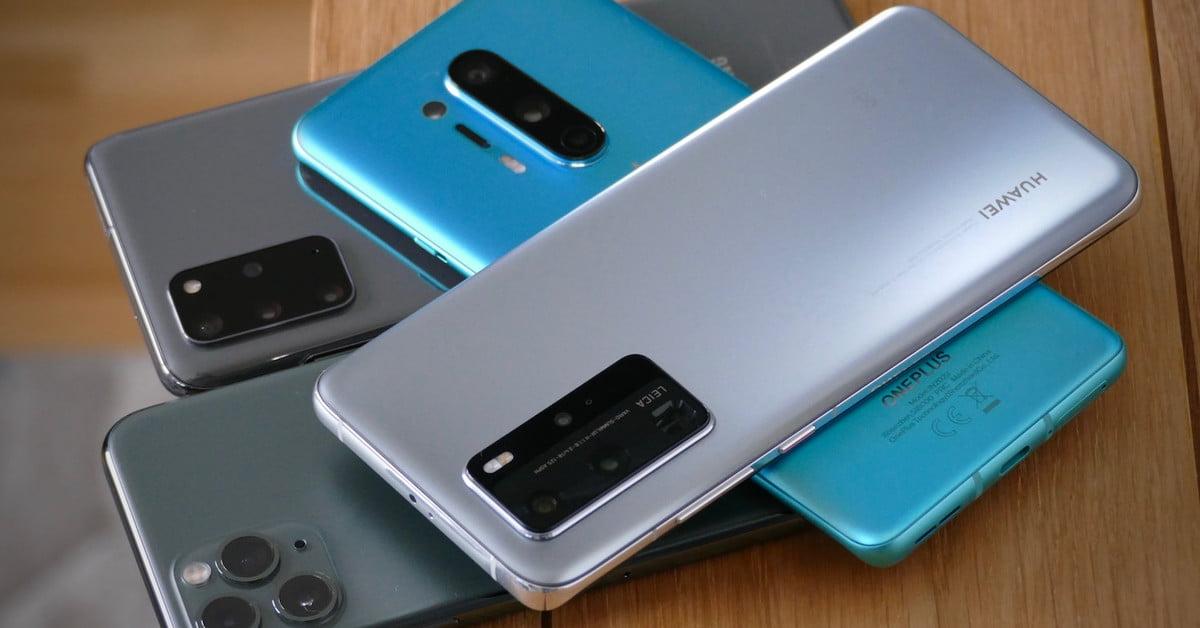Top Smartphone Optimization: Boost Speed, Battery Life & Performance

Smartphones are our constant companions—used for communication, work, entertainment, and much more. However, even the most powerful devices can slow down, lag, or experience battery drain over time. That’s where smartphone optimization comes in.
Top smartphone optimization techniques help users maintain their device’s performance, save battery, manage storage, and ensure overall efficiency. Whether you’re using Android or iOS, these best practices can help keep your smartphone running at its best.
What Is Smartphone Optimization?
Smartphone optimization refers to the process of improving your phone’s speed, battery life, storage management, and user experience by adjusting settings, clearing unnecessary data, and using tools that streamline performance.
Unlike software updates that happen automatically, optimization requires user involvement—either through manual settings or trusted apps.
Top Smartphone Optimization Tips (For Android & iOS)
Clear App Cache Regularly
Over time, apps store cache files that can slow down performance. Clear them manually or use a trusted phone cleaner.
Android: Settings > Storage > Cached Data
iOS: Reinstalling the app is often the only way to clear cache
Update Your OS and Apps
System updates bring performance enhancements, security patches, and bug fixes. Keeping your software up to date ensures optimal performance.
Disable Unused Background Apps
Apps running in the background consume RAM and battery.
Android: Settings > Apps > Background Usage Limits
iOS: Settings > General > Background App Refresh
Free Up Storage Space
Low storage can slow down your phone. Delete duplicate photos, old videos, and unused apps. Offload data to cloud services like Google Drive or iCloud.
Restart Your Phone Weekly
A simple reboot can free up memory and resolve small bugs. It's an underrated way to keep things running smoothly.
Enable Power-Saving Mode
Modern smartphones include battery optimization modes that adjust screen brightness, background sync, and CPU usage to preserve power.
Uninstall Bloatware
Many phones come with pre-installed apps you don’t need. Disable or uninstall them to improve speed and save space.
Reduce Animations
Turning off or reducing animations makes the device feel faster.
Android: Enable Developer Options and set Window/Transition scale to 0.5x or off
iOS: Settings > Accessibility > Motion > Reduce Motion
Use Lite Versions of Apps
Apps like Facebook Lite, Messenger Lite, or Twitter Lite consume less data, battery, and storage.
Scan for Malware
Malware can slow down your phone or compromise data. Use trusted antivirus apps to scan and remove threats.
Smart Bonus Tip: Use AI Optimization Features
Newer smartphones come with AI-powered optimization tools that learn your habits and manage resources automatically. Enable them in your settings to maximize performance effortlessly.
Conclusion
Smartphone optimization is no longer optional—it’s essential. Whether your device is brand-new or a few years old, regular maintenance can keep it fast, smooth, and efficient. By following these top optimization tips, you’ll extend your phone’s life, improve its speed, and enjoy a better overall experience.
Even small changes—like disabling unused apps or clearing cache—can have a big impact over time.
FAQs: Smartphone Optimization
How often should I optimize my smartphone?
Basic optimization (like closing apps and clearing cache) should be done weekly. Deeper clean-ups and updates can be done monthly.
Will clearing cache delete my data?
No. Clearing cache only removes temporary files; your photos, messages, and settings remain safe.
Is it safe to use cleaning or booster apps?
Use only trusted apps from the official App Store or Google Play. Some third-party boosters may include ads or malware.
Does low storage affect phone speed?
Yes. A nearly full storage drive can slow down app performance and system functions.
Can I optimize my phone without third-party apps?
Absolutely. Most phones have built-in optimization tools that work effectively if used regularly.
- Art
- Causes
- Crafts
- Dance
- Drinks
- Film
- Fitness
- Food
- Jogos
- Gardening
- Health
- Início
- Literature
- Music
- Networking
- Outro
- Party
- Religion
- Shopping
- Sports
- Theater
- Wellness


